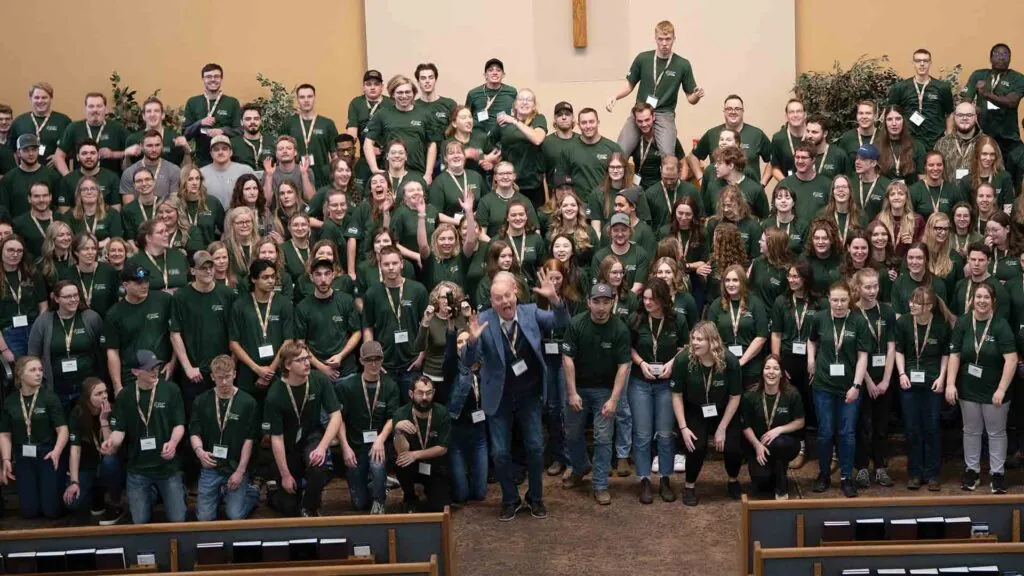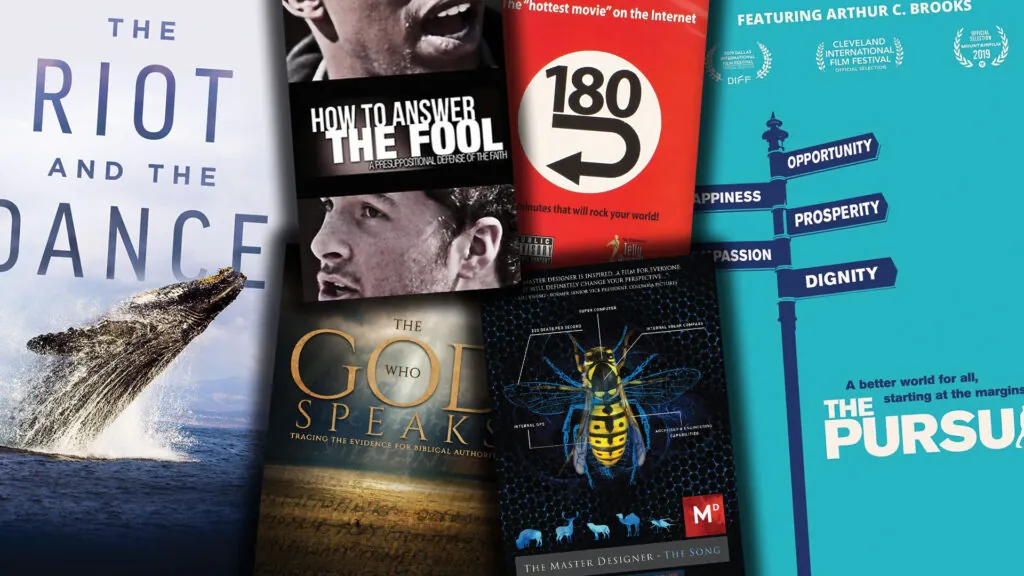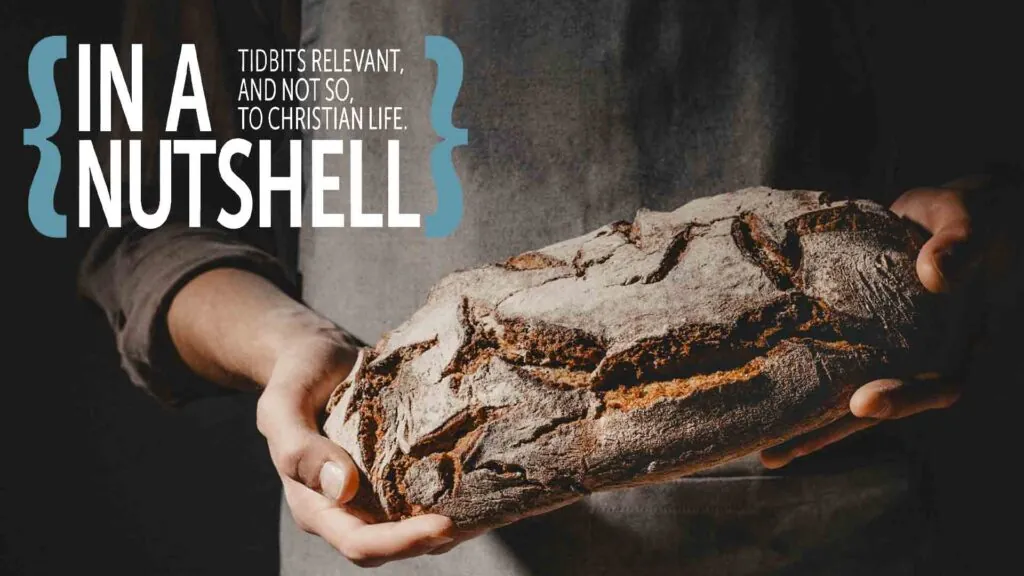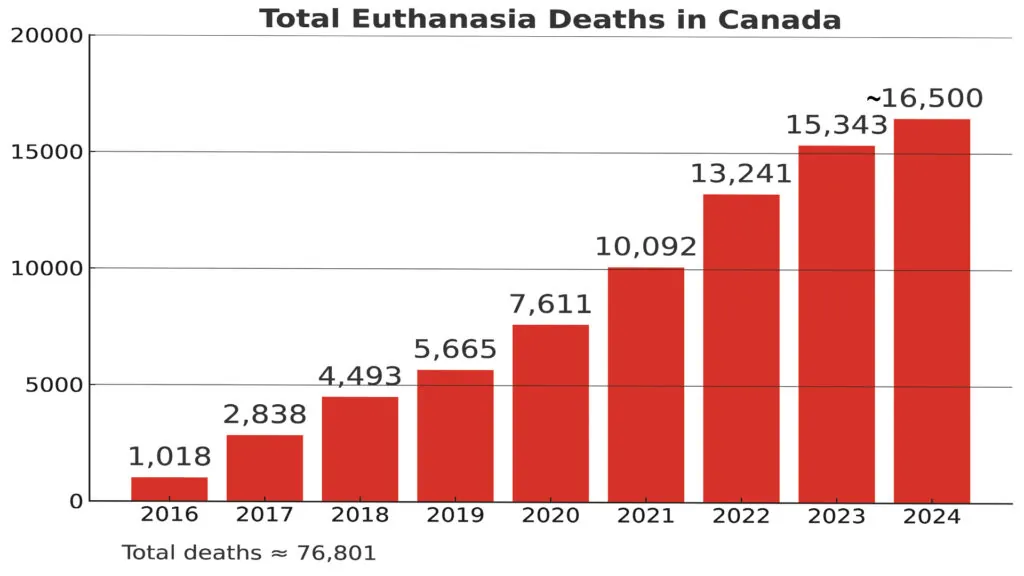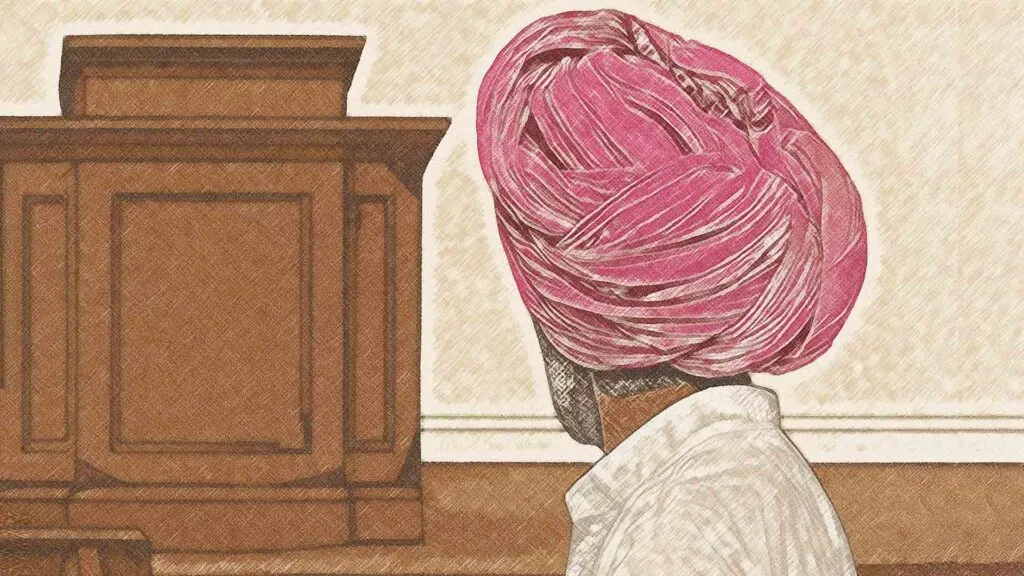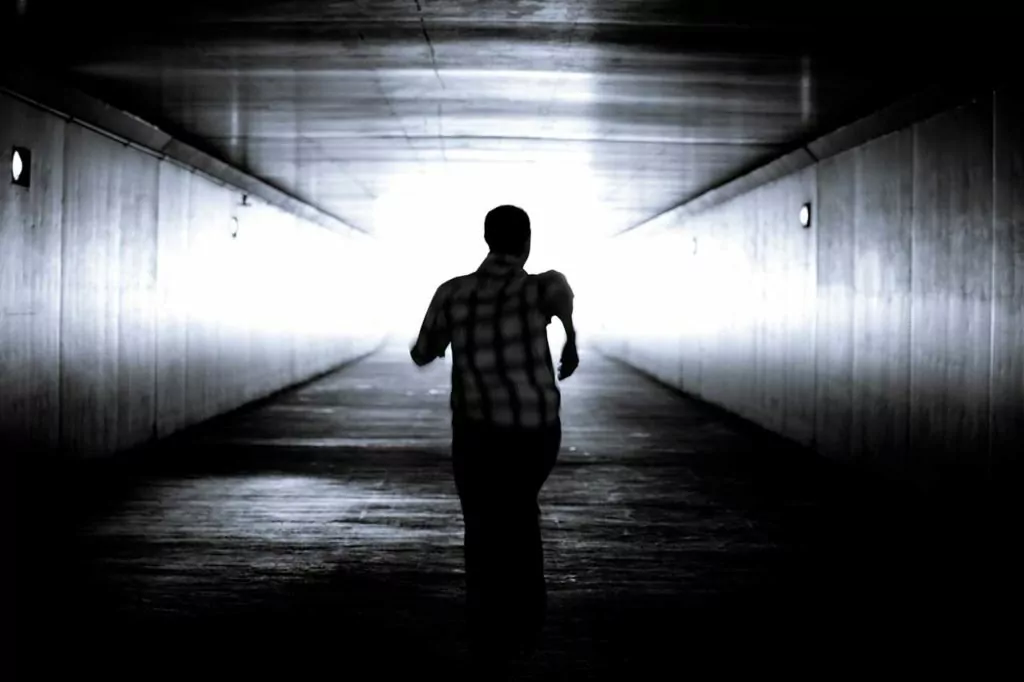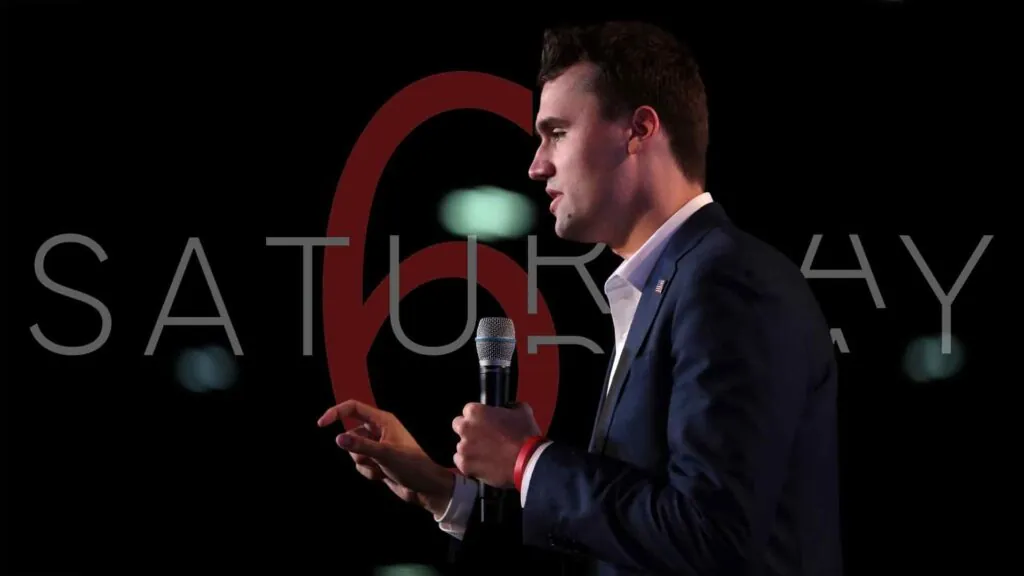What will Canada look like in 2040?
Where some see gloom, God’s people can proceed in hope, knowing that God remains in control
*****
“Canada to Become a Dystopian Nightmare, Households Will Flee: Gov Report.”
A Christian friend shared this article with me, from Better Dwelling, a news outlet specifically focussed on Canada’s housing market. This friend wanted to make sure I was aware of a government report, “Future Lives: Social mobility in question,” that was published in January but which hasn’t been noticed and circulated until more recently.
According to Better Dwelling’s Stephen Punwasi, the report from the federal government’s own think tank, Policy Horizons:
“paint a grim picture resembling a dystopian mashup of a Charles Dickens’ novel meets Terminator. A Canada where wealth & the ability to own a home are determined at birth, hungry households hunt & fish for sustenance in cities, and moving down social classes is the norm. Welcome to Canada in 2040.”
The message will undoubtedly resonate with many Canadians who have noticed that things have been changing quickly in the past five or ten years. Not so long ago, children could anticipate earning more, and spending more than their parents ever did. Now we may make more money, but it doesn’t go nearly as far. We can go to university, but a degree doesn’t mean much when it comes to getting a good job today.
Young adults are finding it hard to imagine being able to buy even a modest home. Those that can find jobs are working more, and not having as many children. So, instead, to keep our population growing, we are bringing in millions of immigrants. But they need a place to stay too, which makes it even harder and more expensive for everyone to find a place to live.
Then there is AI: that mesmerizing but creepy technology that is replacing many jobs and seems to be a lot smarter than most people using it today.
Indeed, anticipating 2040 can be rather scary.
But that is only true if we aren’t looking to the future with faith in our sovereign and loving God.
PROVIDENTIAL GLASSES
In Lord’s Day 10 of the Heidelberg Catechism, we confess that God upholds heaven and earth and all creatures so that “all things come to us not by chance but by His fatherly hand.” As a result,
“with a view to the future we can have a firm confidence in our faithful God and Father that no creature shall separate us from his love.”
I don’t know what is going to transpire in the next 15 years, but based on this confession of God’s providence, I believe a good case can be made that the changes we are experiencing aren’t something to fear but can be means through which God is gathering His Church and kingdom.
What follows are some possibilities of the future, when looking through providential (in contrast to rose-colored) glasses.
ARTIFICIAL INTELLIGENCE
AI will have us seeking something authentic
From my limited experience, the hype around AI is well-warranted. It is far “smarter” and more capable than I would have imagined. Even the over-used word “revolutionary” may not suffice. The advance of AI means we’re soon going to have a hard time telling whether what we read, see and hear is real or original:
Did Emma really make that valedictorian speech that had us laughing and crying? Or was it the product of Chat GPT with a few tweaks to make it look authentic?
Was that YouTube clip about the New York Yankees having a moment of silence after Charlie Kirk’s death real, or just AI-generated? How can we even know?
Did the pastor actually write that sermon on Lord’s Day 10, or did he ask AI to make a sermon for him, pointing it to www.TheSeed.info to ensure that the result would line up with solid Reformed orthodoxy?
Can I trust that the person calling me to ask for money is actually my son/grandson in trouble? He sounds just like him, but something just doesn’t seem right.
This is just a small taste of AI’s impact and is legitimately concerning.
God’s Word remains trustworthy
But when we look through the glasses of God’s providence, something else becomes clear: in a world where it is very difficult to know what is true, solid, trustworthy, and real, the things that are will become all the more noticeable and meaningful. And what is more true, solid, trustworthy, and real than God and His Word? “The Lord is my rock, my fortress and my deliverer; my God is my rock, in whom I take refuge, my shield and the horn of my salvation, my stronghold” (Psalm 18:2).
Just as many young men today are pushing against the woke culture they were catechized in, I won’t be surprised if many people begin recognizing the beauty of God’s Word for what it is: unchanging, reliable, proven, not open to opinion, and anything but artificial.
In that dizzying sea of AI will stand the rock of God’s Word and the sure hope of the Gospel. That may explain in part why popular secular influencers like Joe Rogan, Piers Morgan, and Andrew Schultz are all asking Canadian Christian Wes Huff to come on their platforms to explain how Scripture is reliable. Who would ever have seen that coming this year?
The Colson Center also shared news about a “quiet revival” across England and Wales: “the number of 16- to 24-year-olds in the U.K. attending church at least once a month jumped from 4% in 2018 to 16% in 2024.” To add to this, the most recent data from book sales revealed a 22 percent increase in Bible sales in the USA (compared with 1 percent for total book sales). And the “religious books” category saw the largest increase in publishing in 2024.
For the past 75+ years, many in Western Civilization saw God’s Word as a relic from the past, that isn’t all that relevant. That seems to be changing.
IMMIGRATION
So many people
With a plummeting fertility rate, Canada, along with most Western nations, relies on immigrants to keep our population and economies stable, let alone grow. In just two years, from 2022 to 2024, Canada’s population grew by 2,358,697 with about 98 percent of that increase due to incoming temporary and permanent residents.
Such a large influx of new people over a short time can result in challenges. One has only to follow the news in places like the UK and Germany to see how difficult it is to provide leadership in a secular country in which many immigrants have little interest in upholding the social conventions and laws of that land.
So many who can now hear
But when we look through providential glasses, here too we see some amazing possibilities for the Church.
My friend and his family were missionaries in a remote region of Africa, carrying God’s Word on foot to people immersed in paganism. But they came back to our small community in northern BC not long ago and realized that a lot has changed since they left for Africa. God has literally brought people from around the world to our own doorstep. This friend has decided to continue his mission work at home, reaching out to immigrants in our own community. At the same time, many “Canadians” who grew up in this nation have become as pagan, or more, than many of places where these immigrants are coming from. Millions of people in our own provinces aren’t familiar with the Gospel. The fields are ripe for the harvest, and they are next door!
Ironically (providentially), God is sometimes using immigrants to challenge the trajectory that our society, and even some churches, have been on. For example, recent election results show that immigrants and minorities are swinging to the political right, favoring conservative parties federally and provincially.
Closer to home, delegations representing different ethnic communities within the Christian Reformed Church urged their synod to adopt a biblical perspective of sexuality and were one of the forces leading to a shift in direction within that denomination.
God isn’t looking to us to save Western civilization. Civilizations have risen and fallen many times. It is His kingdom that endures. And in His grace, God is bringing many to our land who are willing to “seek first His kingdom.”
SOCIAL WELFARE SYSTEM
The partial collapse of government
The “Future Lives” government report mentioned at the beginning of this article made waves in part because it warned that in the dire near future “people may start to hunt, fish, and forage on public lands and waterways without reference to regulations. Small-scale agriculture could increase.” To add to this “governments may come to seem irrelevant if they cannot enforce basic regulations or if people increasingly rely on grass-roots solutions to meeting basic needs.”
In other words, if Canadians are struggling under our socialized government welfare system, they may just start to take matters into their own hands and provide for themselves and their families. We saw a taste of this during Covid, as rural land became much more popular to own, and the public trust in government regulations was broken (in spite of daily assurances from public health officers).
More freedom to be productive?
I don’t think I need to work hard to convince most readers that there is a lot to this “warning” that may be a providential blessing. In a land where government regulation has stifled productivity and development for decades, many Canadians and Christians would welcome increased freedom and responsibility so that they can fulfil the cultural mandate that God gave humanity to “be fruitful and multiply, fill the earth and subdue it” (Genesis 1:28).
That said, I think it is also the case that many Christians have become reliant on government income (i.e., monthly child care benefits, independent school funding, and even funding for their magazines) and may have a hard time adjusting if this were to decrease or terminate.
Society will be greatly blessed when more responsibility is put on individuals, families, churches, and community organizations, rather than the state. But that is only the case if these people use their responsibility for the furtherance of God’s kingdom, and not their own.
UNIVERSITIES
Ivory towers may topple
The government report also warned that “post-secondary education could be a stranded asset.” A stranded asset loses its value prematurely, as a result of a shifting market – think of someone who had a horse buggy factory as motor cars were taking over. University degrees might become like that?
“People may look for alternative forms of training in new niches that appear to offer upward mobility. Non-traditional providers, including private firms, may outcompete traditional PSE players in attracting consumers.”
What could rise from the rubble?
As with the decline of the social welfare system, not many Christians will lament the breakdown of post-secondary education as it is represented in much of Canada today. Universities have been bastions of evil in our land, training generations of Canadians to undermine the Christian heritage that our civilization and country was founded on, and replace it with hedonism and, more recently, critical theory. There is little surprise that the “centers of higher learning” don’t help with “upward mobility” and might be outcompeted by private firms that seek to build, rather than tear down.
The question is, what will be the worldviews of the private firms that are built? Will they, like Harvard and Princeton University were when they were founded, operate on a biblical and Reformed foundation? If so, unlike Harvard and Princeton, will they stay true to their mission?
CANADA IN 2040
I understand why people aren’t optimistic about the future of Canada. Even in my own community, far removed from any urban centers and which, until recently, was known for being an idyllic place to raise a family, there are places that feel eerily similar to Vancouver’s Downtown Eastside. I see more homelessness, open drug use on the streets, and the need for 24/7 policing. My family isn’t even comfortable walking down parts of Main Street anymore. The same is true in communities across Canada today.
This is the natural fruit of a secular worldview (ironically labelled “progressive”), and we can expect the trajectory to only continue as long as our country refuses to humble itself before the LORD.
But God’s kingdom is above all of this and is advancing perfectly according to His plan. He put us in this time and place intentionally. He has a calling for us, right here and right now. We can leave the future in God’s hand, confident that He has the authority and power to guide all things. “If God is for us, who can be against us?” (Romans 8:31).
There may be reformation or revival, like in the time of Josiah (2 Kings 22-23). Or God may have good plans for another civilization to take our place, as He has done to the Babylonian and Roman empires, along with so many others. Or He may usher us into glory today yet.
God doesn’t burden us with the future. Our task is to focus on the present. We can use each day He has given us to build on the foundation of Jesus Christ, confident that “if the work that anyone has built on the foundation survives, he will receive a reward” (1 Cor. 3:14).
As such, it doesn’t matter so much if Canada still exists in 2040. We know with certainty that God’s kingdom will endure....

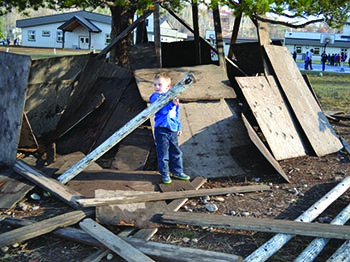 Back in 2007 Ebenezer Canadian Reformed School here in Smithers decided to supply the students with an “imaginative play kit.” What was it? A pile of lumber, fence posts, plywood pieces, shovels, and rope. And since then the students have spent countless hours using these materials to make forts, obstacle courses, bike jumps, and many other creative structures. Over the years pallets and plastic pipes have been added, and the students complemented the supplied equipment with long grass and rocks from the grounds.
Back in 2007 Ebenezer Canadian Reformed School here in Smithers decided to supply the students with an “imaginative play kit.” What was it? A pile of lumber, fence posts, plywood pieces, shovels, and rope. And since then the students have spent countless hours using these materials to make forts, obstacle courses, bike jumps, and many other creative structures. Over the years pallets and plastic pipes have been added, and the students complemented the supplied equipment with long grass and rocks from the grounds.







